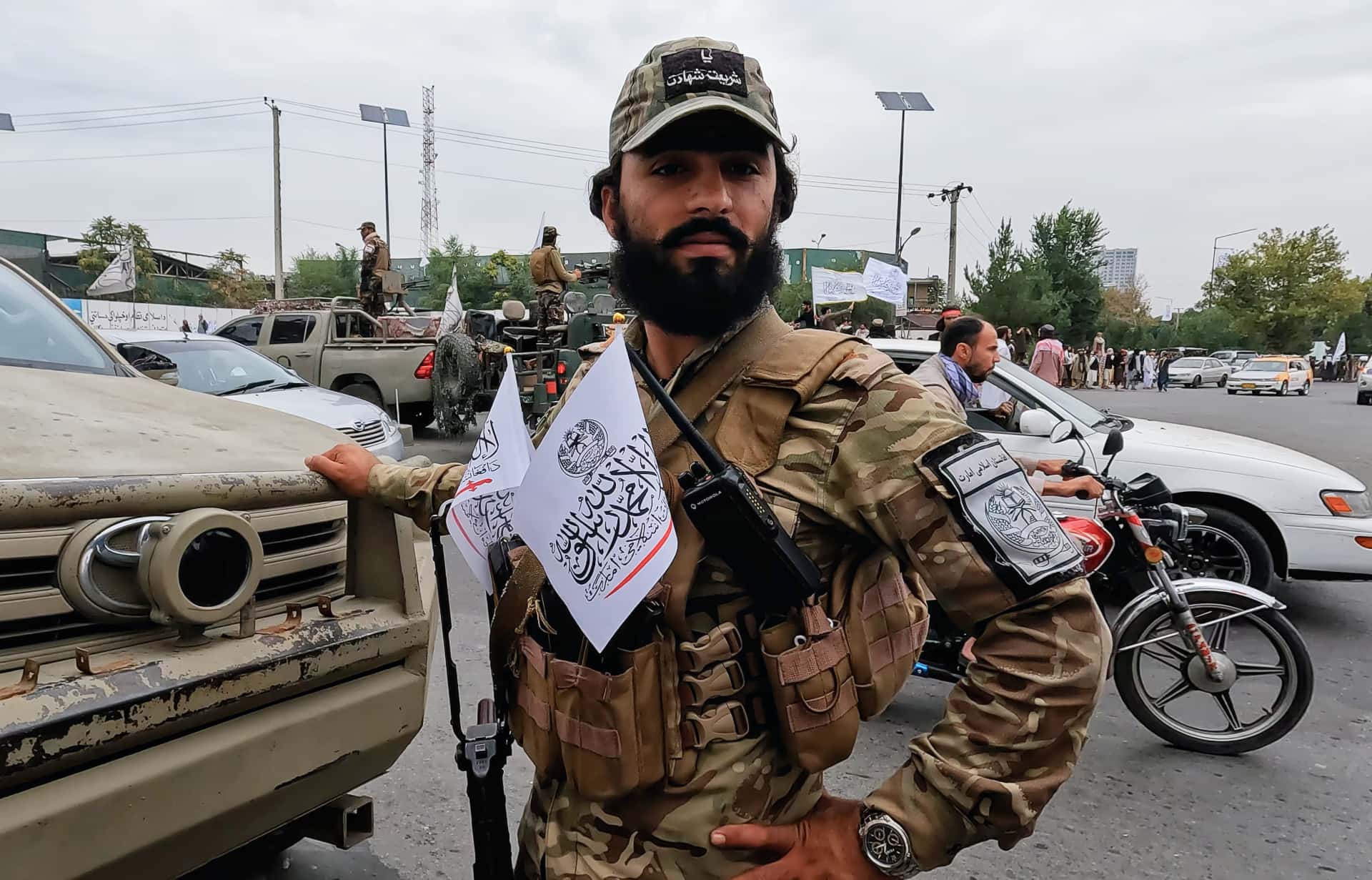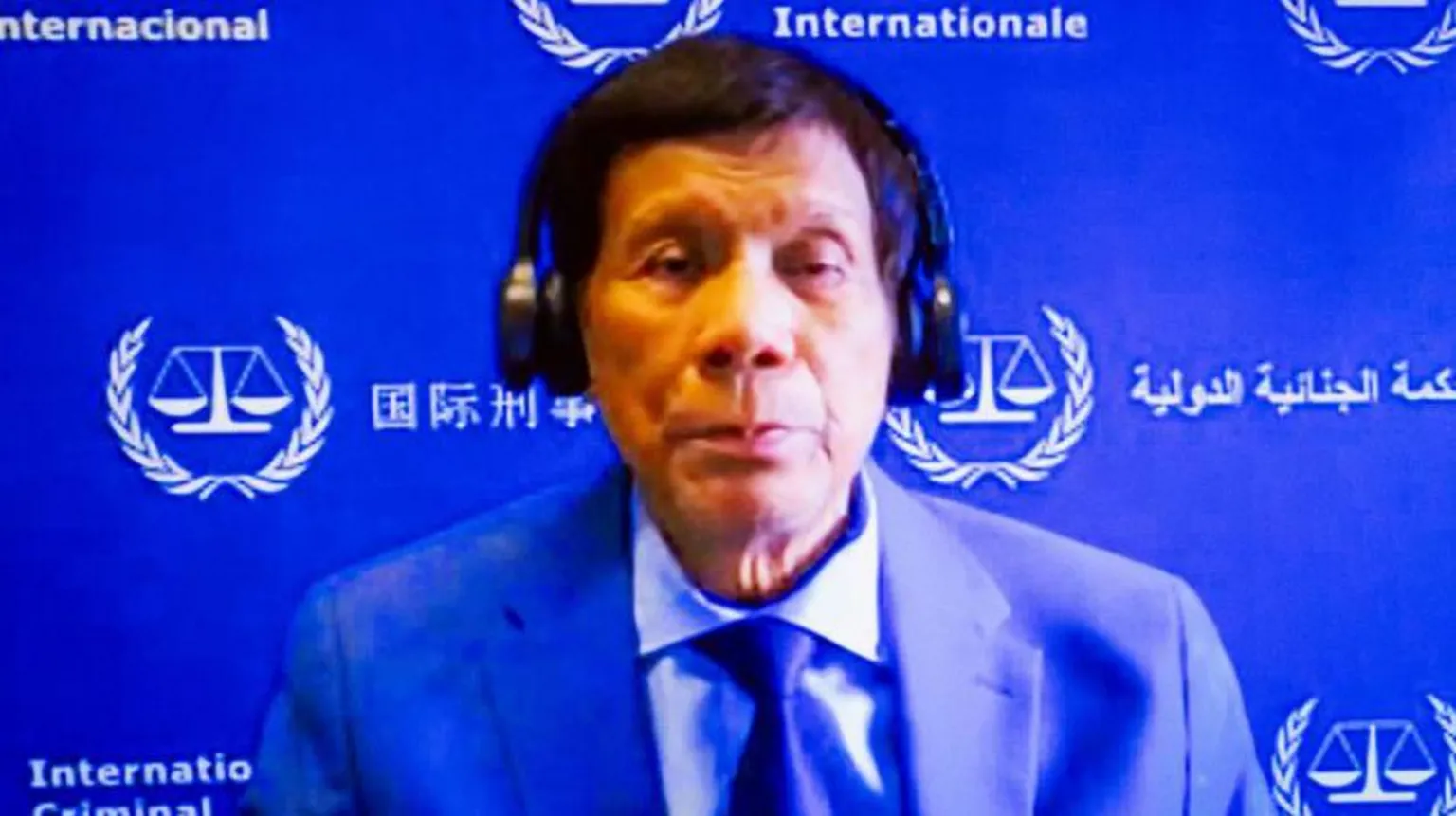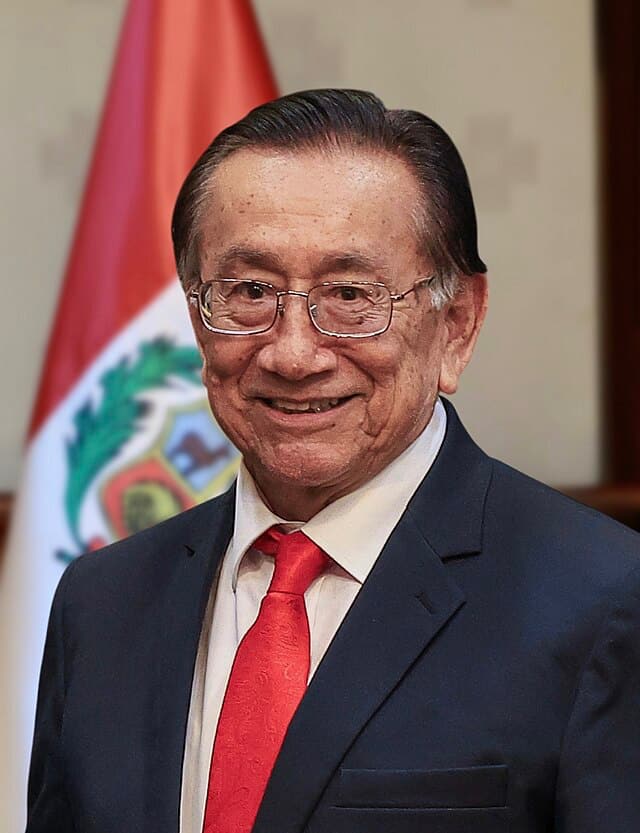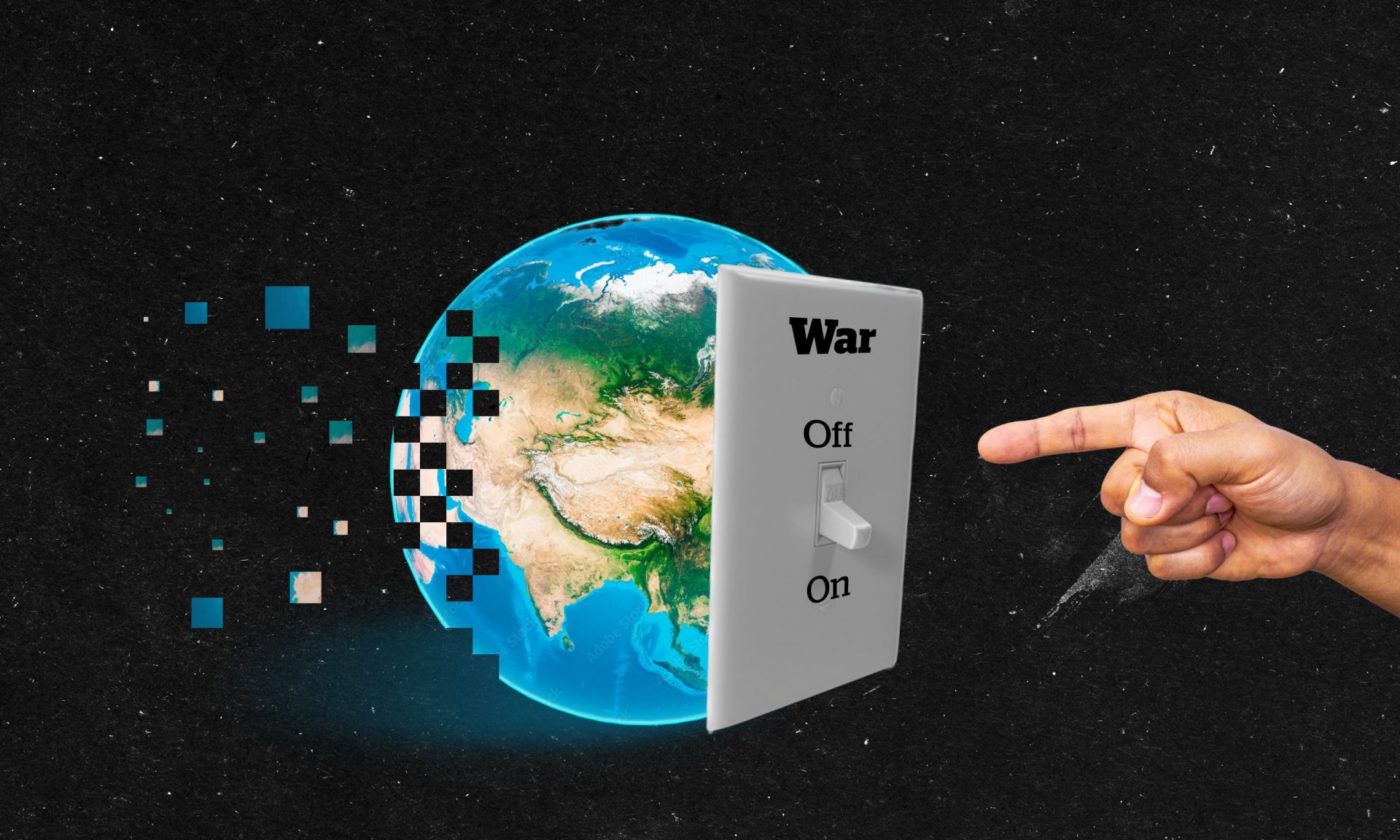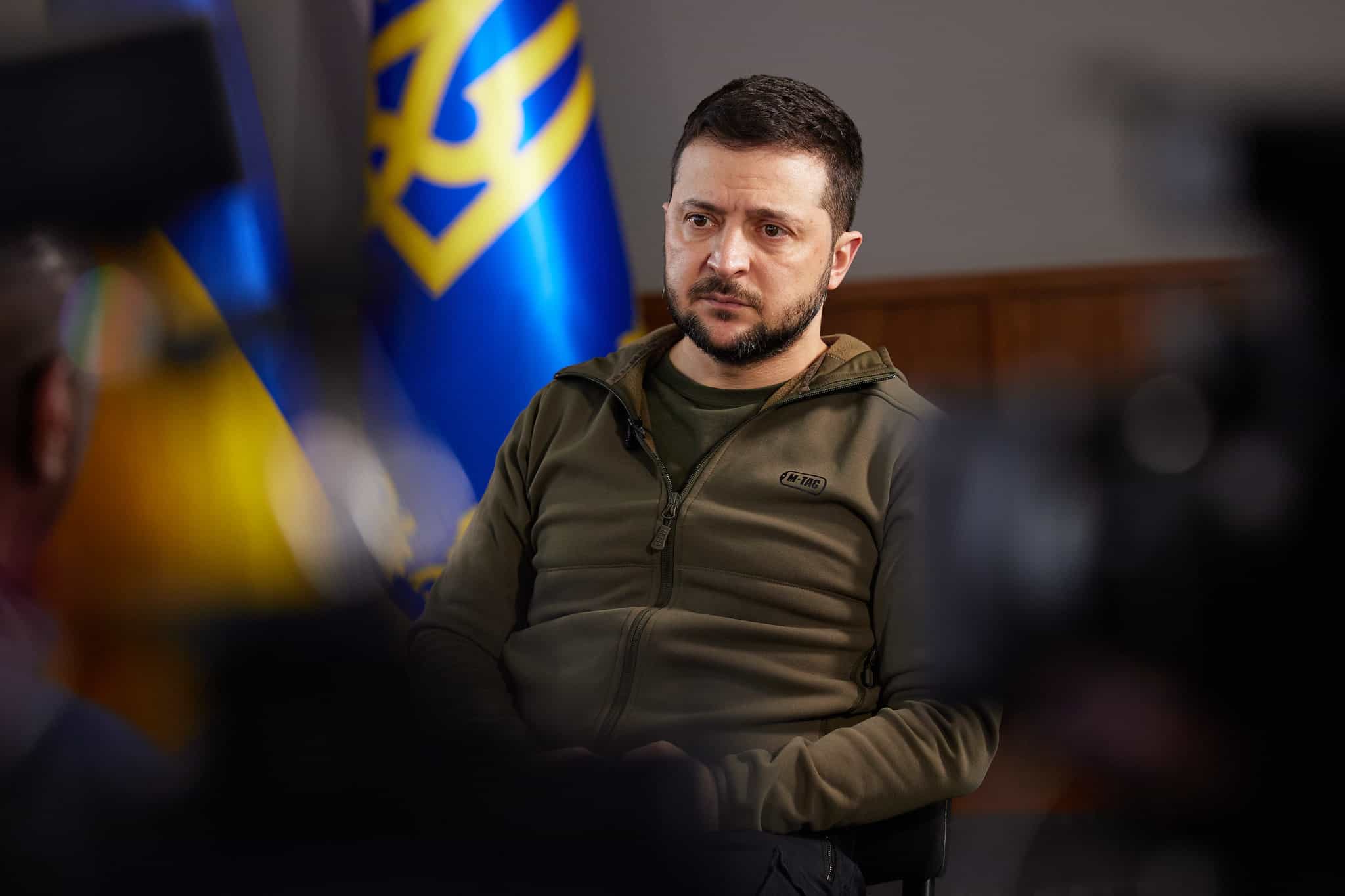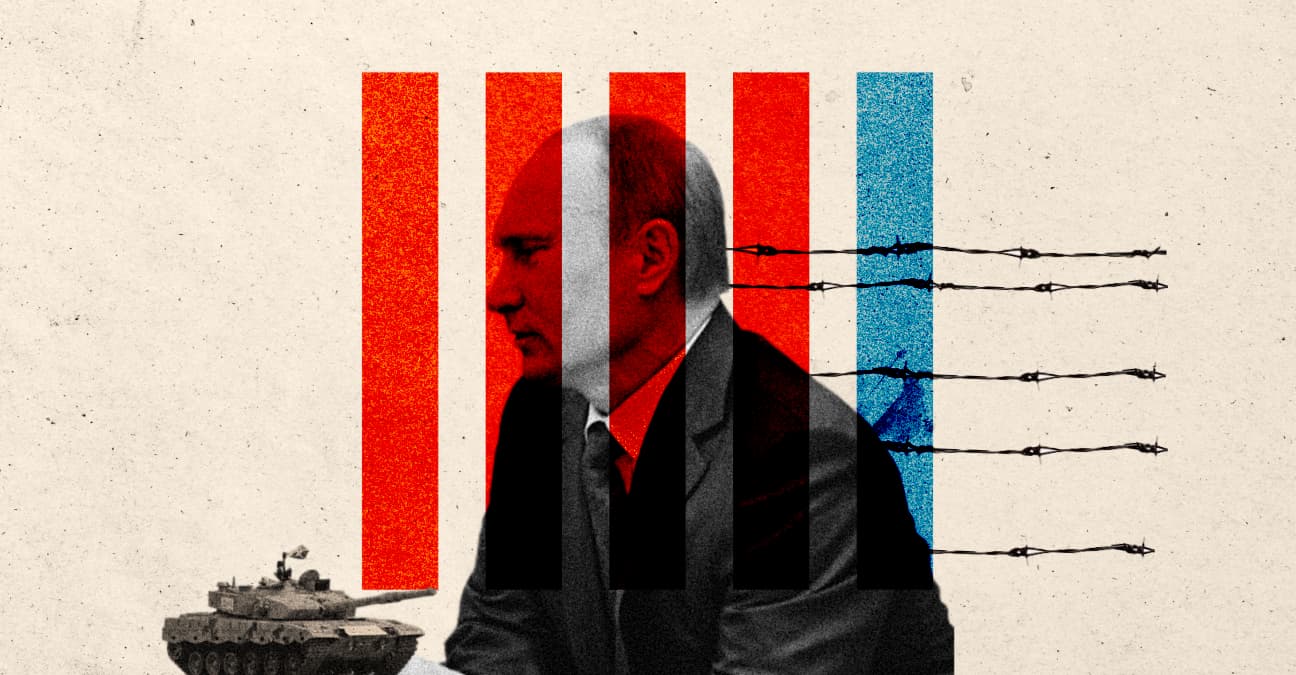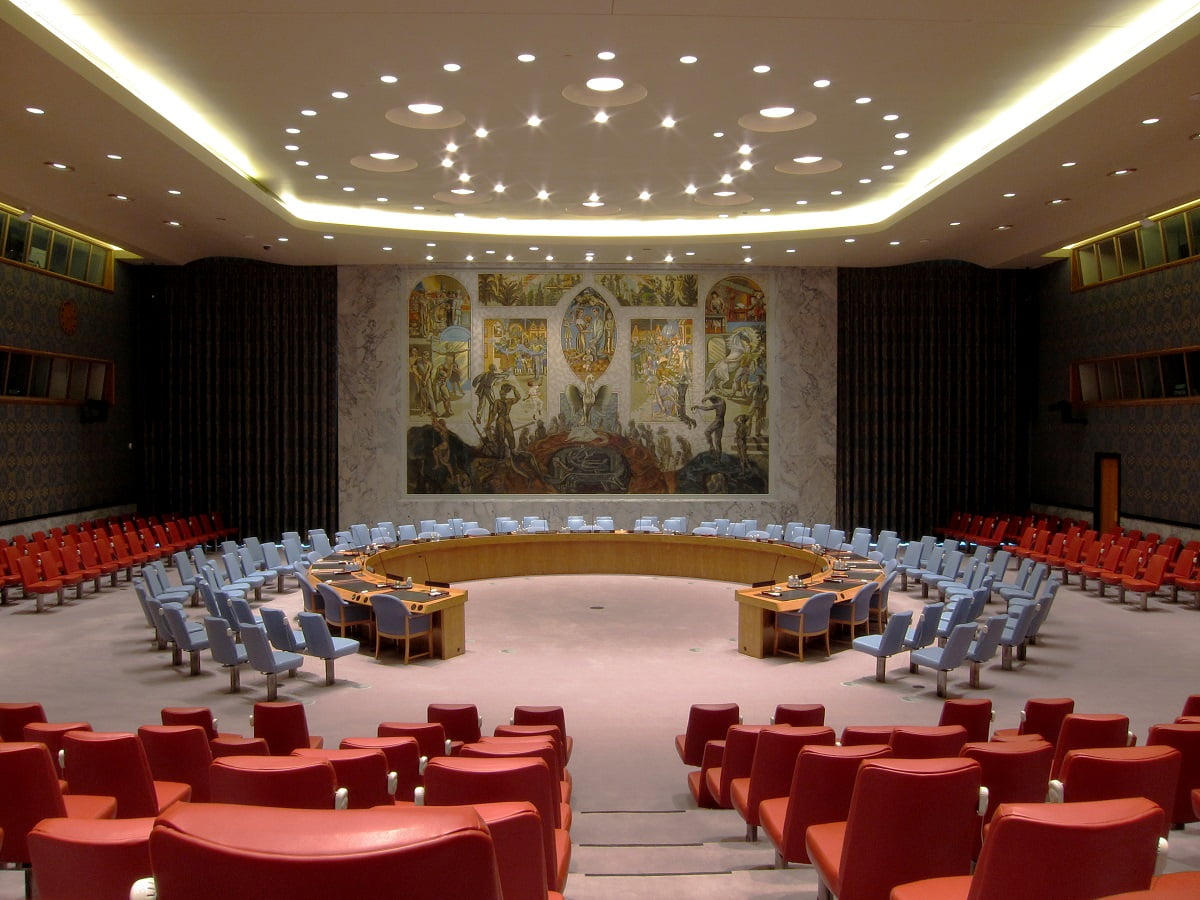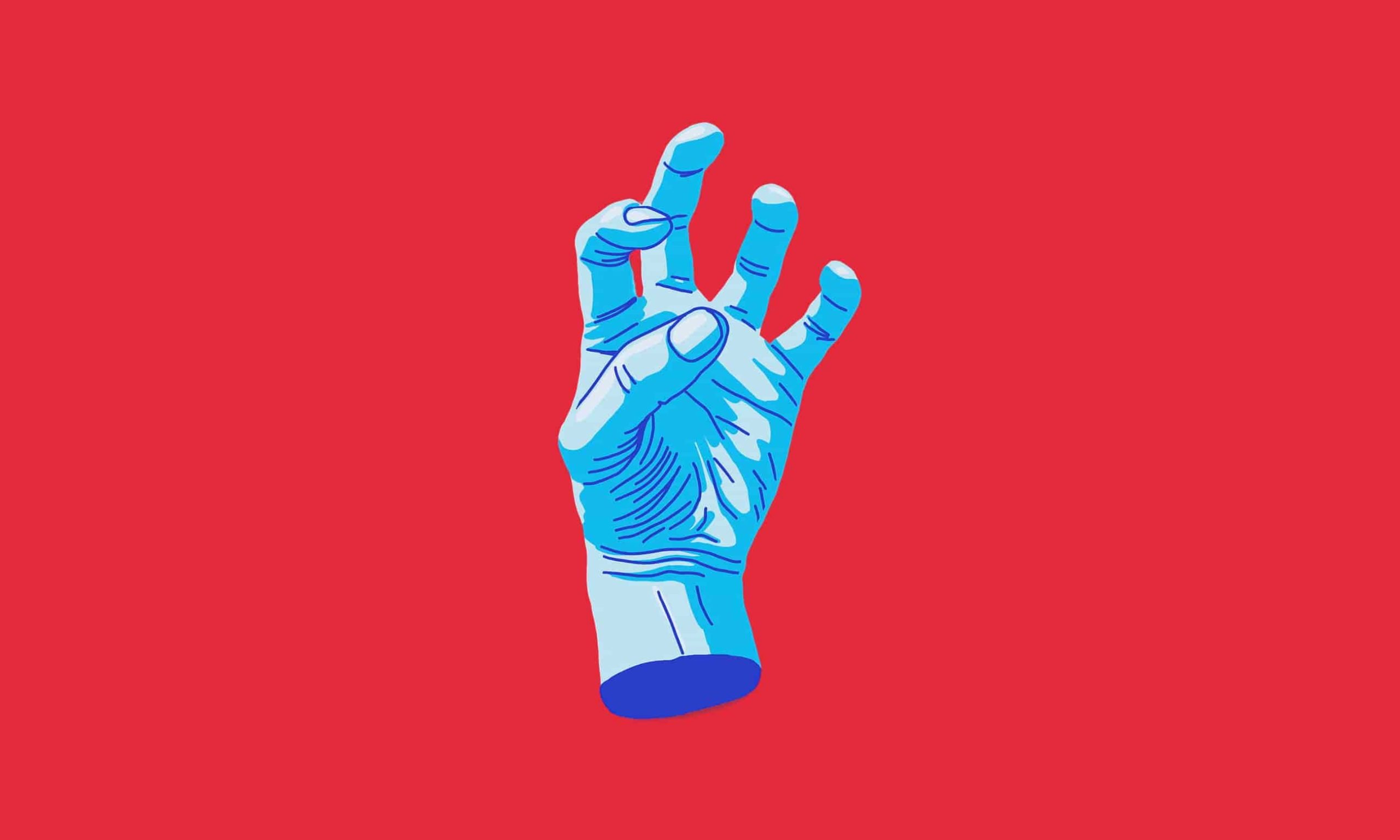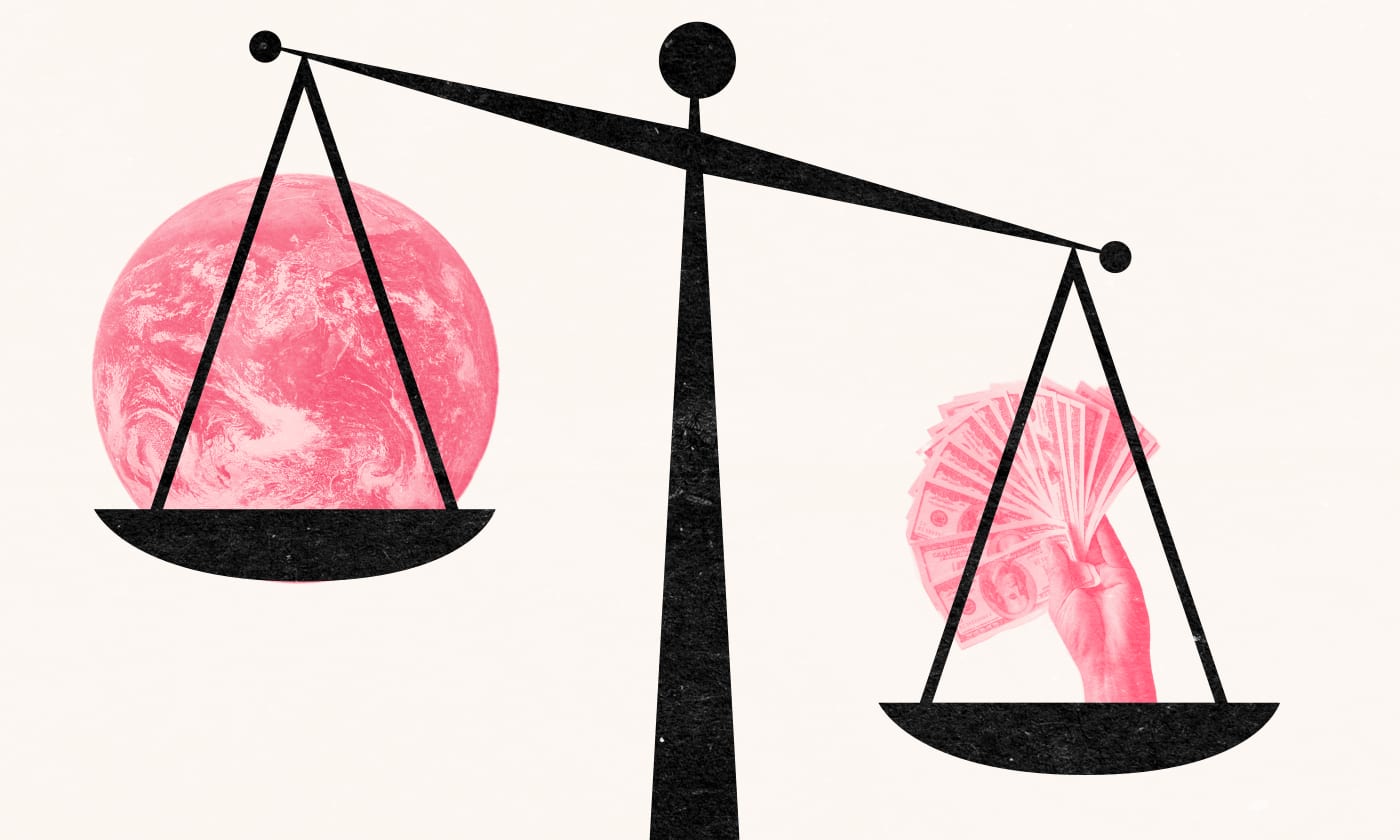ICC Pursues Putin: A Sprinkle of Justice in a World of Mischief
The International Criminal Court's arrest warrant for Putin may be a small, symbolic step towards justice, but in a world where accountability is as dead as the dodo, it's a tune worth dancing to.
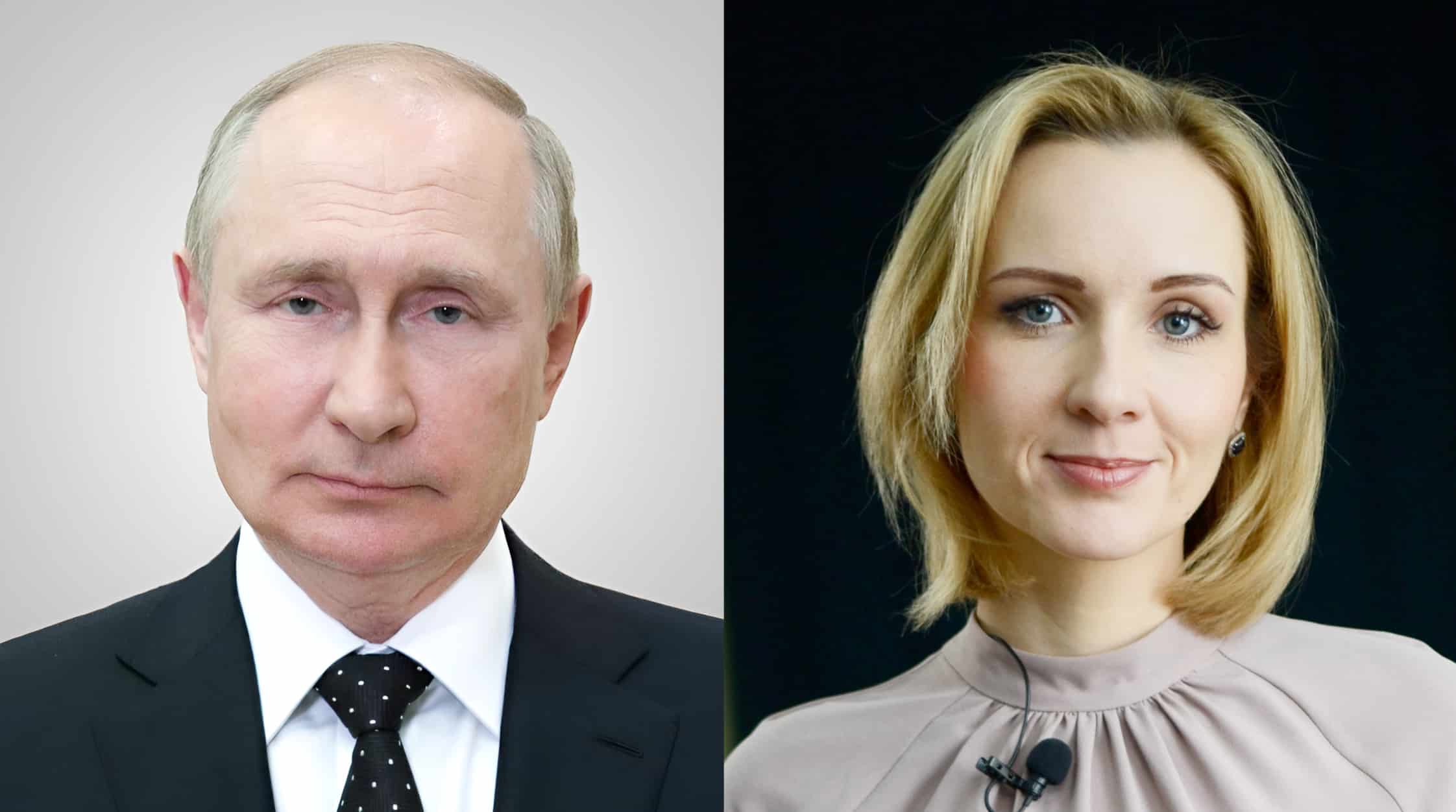
Chilling Reality of Abducted Children in Ukraine
As Vladimir Putin, seemingly untouchable and unaccountable for countless transgressions, continues to cause havoc in Ukraine, a glimmer of hope emerges from the unlikeliest of origins: the International Criminal Court (ICC).
The spark that ignited the fire was a public “thank you” from the Children’s Rights Commissioner, Maria Alekseyevna Lvova-Belova. She expressed gratitude to Putin for enabling the “adoption” of a young boy from Mariupol, unwittingly revealing the chilling reality of Ukrainian children torn from their homes and subjected to “re-education camps” or forced adoptions.
This dark narrative is not unique to Mariupol; indeed, hundreds of children are believed to have suffered a similar fate in Donetsk and other regions. The ICC, an institution tasked with prosecuting crimes against humanity, war crimes and genocide, appears to have finally caught up with Putin.
ICC’s Mandate and Putin’s Accountability
Though many clamour for Putin’s prosecution for the invasion itself, the ICC’s mandate does not extend to crimes of aggression. In this case, however, the connection between Putin and the abductions was beyond dispute. Karim Khan, the ICC’s chief prosecutor, believes that there is sufficient evidence to suggest that Mr. Putin is personally accountable for the kidnappings of children”. As such, the international community’s reactions to the development vary significantly.
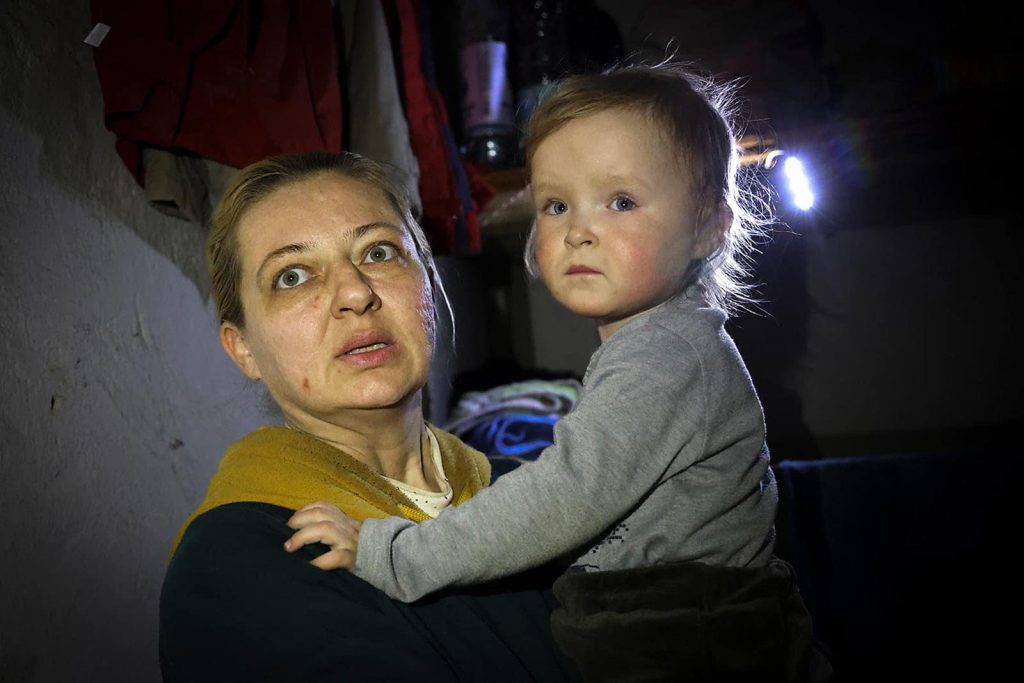
Mother and child in bomb shelter of damaged Mariupol building. Many children have laredy been taken to Russia for ‘adoption’ or ’re-education’ Photo: Alexei Alexandrov
The US and other Western leaders back the ICC’s decision, but the court’s credibility is questioned, as nations like the US, Russia and China never signed the Rome Statute. While Ukraine is also not a signatory, it has taken a different approach: despite not formally joining the court in The Hague, Ukraine has granted the ICC authority to investigate war crimes carried out on its soil. This crucial distinction shapes the divergent responses from the international community.
Limitations and Challenges Facing the ICC
Since its inception, the ICC has faced its share of challenges: a meagre track record of 45 indictments; cases dismissed due to insufficient evidence or the accused being unreachable; and a reliance on state cooperation. These limitations have led to cherry-picking cases and a focus on Africa. Even convictions in absentia may drive powerful individuals to cling to power, for fear of retribution, as demonstrated by Sudan’s Omar al-Bashir. Furthermore, the lengthy duration of investigations, budgetary concerns and a lack of success stories all contribute to the ICC’s struggle for credibility. We wrote about this extensively in this article comparing the ICC and the ICJ.
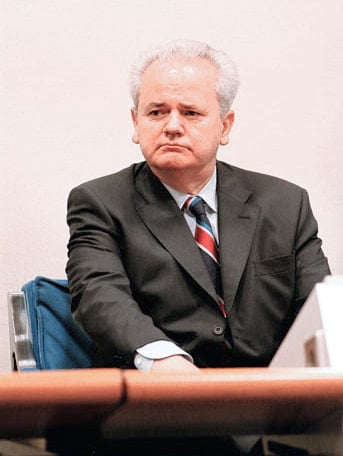
Slobodan Milošević on Trial.
However, the ICC’s arrest warrant for Putin is a symbolic step, albeit a small one, towards justice. And history has shown that even the mightiest can fall, as was the case with Slobodan Milošević, the former Yugoslav president.
The aftermath of Milošević’s removal from power in 2001 created a fragile political environment in Serbia, as different factions competed for control and influence. However, Prime Minister Zoran Djindjić chose to disregard a court’s ruling against extraditing Milošević, and instead, sent him to The Hague.
The crucial moment of Milošević’s arrest was the result of relentless pressure on the Yugoslav government, which faced the choice of detaining the former president or losing vital economic aid from the US, IMF and World Bank. In the end, Milošević’s once impenetrable fortress crumbled.
The ICC Needs Teeth
The lesson is clear: even the most secure of threads in the fabric of power can unravel when faced with shifting allegiances and international pressure. Meanwhile, the ICC grapples with its constraints, necessitating a pragmatic approach to navigate its complexities. The court requires teeth to carry on its indispensable mission, and this calls for unwavering international collaboration and support.
In a world where justice is an elusive treasure, we must embrace every chance to hold the culpable to account. The arrest warrant for Putin might represent a mere ripple in the vast ocean of power plays, but it is a ripple that resounds with significance. And in the grand ballet of influence, unforeseen circumstances and shifting dynamics serve as a reminder that even those who appear untouchable may ultimately face the scales of justice.


